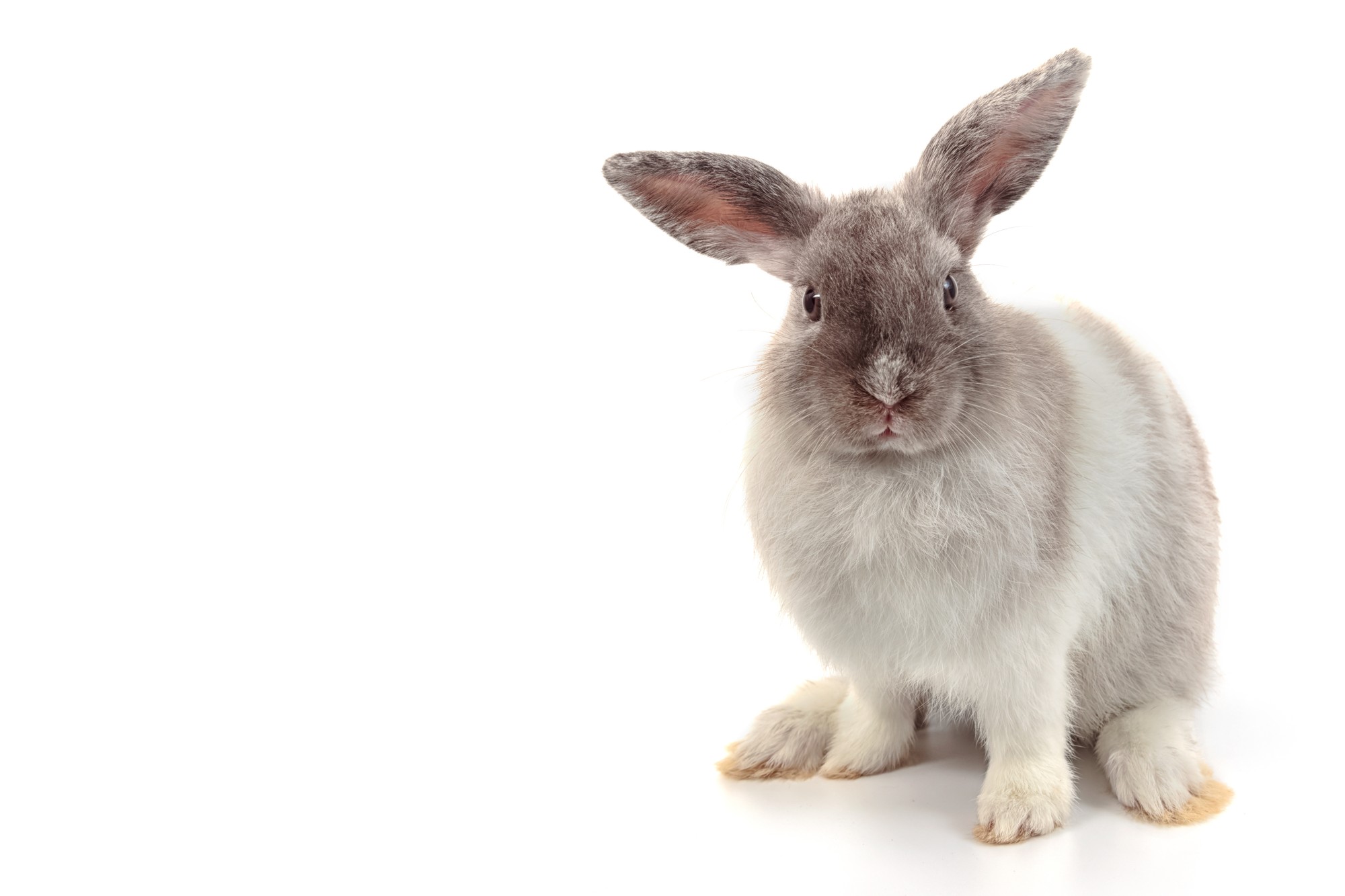Easter Dangers

With Easter not far away we would like to remind pet owners of the potential hazards at this time of year.
Easter is a fun time spent with family and pets, warm spring weather, Easter egg hunts and of course chocolate! But for our pets, there are lots of hazards around which could turn a lovely day into an emergency trip to the vet very quickly! To help prevent this, we’ve outlined some things to look out for below.
Easter eggs and chocolate:
Easter is a time for chocolate and lots of it! There is an increased risk that our pets can gobble it up especially if they’re left around on low surfaces or on the floor.
Chocolate is toxic to dogs due to a toxin it contrains called Theobromine. Humans are able to break down Theobromine quickly enough for it not to act as a poison. However, dogs metabolise the chemical much slower, meaning it can have detrimental effects.
Symptoms of Theobromine poisoning include: muscle stiffness, tremors, vomiting, heart arrhythmias and fitting. It can take 4 – 24hrs for signs to appear after chocolate ingestion.
Although chocolate is also bad for cats and rabbits, they’re less likely to eat it as they can’t taste the sweetness.
If you think your pet has eaten chocolate, we’d recommend contacting your vet immediately.
Sweets
Some sweets contain a substance called Xylitol, which is an artificial sweetener. It’s very harmful to dogs and even a small amount can be toxic to them. If your dog manages to grab some sweets, watch out for these symptoms: vomiting, lethargy, lack of coordination and seizures. If you spot any of these, contact your vet ASAP.
Hot cross buns
There’s nothing better than a tasty warm Hot cross bun smothered in butter but hot cross buns pose a risk to pets. Raisins and other dried fruits can cause kidney failure in both dogs and cats.
Kidney failure classically causes increased thirst and urination; however symptoms are usually seen weeks later when the secondary effects of reduced kidney function kick in. In the days following ingestion there are usually no clinical signs at all.
Roast dinner
A tasty roast dinner is one of the best parts of Easter Sunday (not including the chocolate of course!). It may be tempting to share some of your roast with your pet; they’re part of the family too right? But giving them scraps of fatty roast pork or ham can allow for a whole host of problems, such as bloating, abdominal pain, vomiting, loss of appetite, lethargy, dehydration, fever and in more serious cases pancreatitis. So if you want to treat your pet at dinner time, a couple of their favourite pet treats will be a much healthier option – we promise they’ll enjoy them just as much!
Flowers
Lilies – Easter lilies (along with many other types of lily) are often gifted around Easter time, and although they help to brighten the house up, they’re extremely toxic to cats. Every part of the lily is dangerous; this even includes the water it’s sitting in! It causes kidney failure and can be fatal if treatment isn’t given quickly. Some of the signs your cat may be suffering from lily poisoning are as follows: dehydration, extreme thirst, vomiting, diarrhoea, seizures and even death.
So our advice to all you cat owners out there would be to avoid having lilies in the house altogether. Of course, we know friends and family like to give them as gifts, but sometimes it’s better to just politely decline, it’s better to be safe than sorry!
Daffodil – You know it’s spring when the daffodils start popping up! But unfortunately they’re poisonous to dogs if they decide to take a chomp out of one! Dogs can suffer from vomiting, lethargy and even fits if they eat the bulb, flower or if you pick some for the house, the water they sit in.
Tulips – The beautiful, bright coloured tulip is lovely, but it can irritate your dog’s mouth and their gastrointestinal tract. If eaten, it can also cause drooling, diarrhoea and vomiting. Other, more severe, symptoms also include difficulty breathing and heart problems.
We hope you and your pets have a wonderful safe Easter !
Categorised in: News


